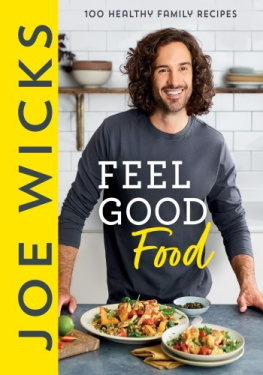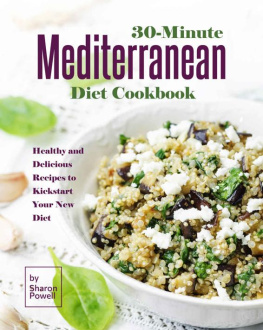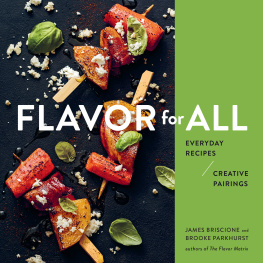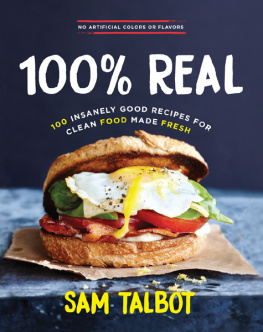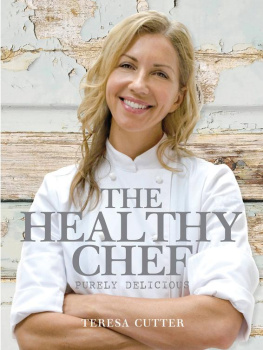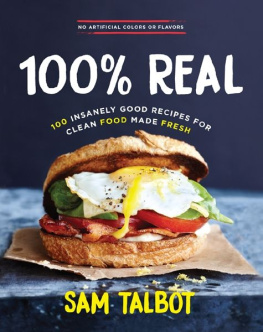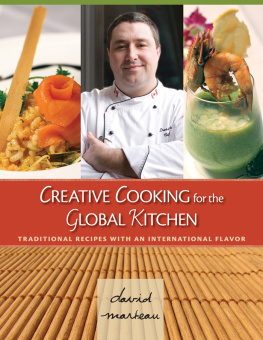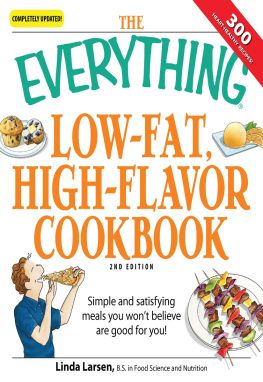

Mention of specific companies, organizations, or authorities in this book does not imply endorsement by the author or publisher, nor does mention of specific companies, organizations, or authorities imply that they endorse this book, its author, or the publisher.
Internet addresses and telephone numbers given in this book were accurate at the time it went to press.
2014 by Franklin Becker
All rights reserved. No part of this publication may be reproduced or transmitted in any form or by any means, electronic or mechanical, including photocopying, recording, or any other information storage and retrieval system, without the written permission of the publisher.
Rodale books may be purchased for business or promotional use or for special sales.
For information, please write to:
Special Markets Department, Rodale Inc., 733 Third Avenue, New York, NY 10017
Photographs by Mark Jordan
Illustrations by Lindsey Spinks
Book design by Christina Gaugler
Library of Congress Cataloging-in-Publication Data is on file with the publisher.
ISBN 9781609615529
eISBN 9781609615536

We inspire and enable people to improve their lives and the world around them.
rodalebooks.com
For my boys, Sean and Rory:
You are my driving force.
I love you both with all my heart and soul.
Thank you for putting up with Daddy and making me proud.


CONTENTS

FOREWORD
After I closed my Manhattan restaurant, Jams, in the late 1980s, I went out to California and opened Table 29 in Napa Valley; by the time I returned to the city in the early 1990s, I didnt really know any of New Yorks new young chefs. But one name kept popping up all the time: Franklin Becker. I heard his name a lot; he had worked for Bobby Flay, and people spoke very highly of him. About 7 or 8 years later, Franklin reached out to me to do one of his Autism Speaks events, and we became fast friends after that.
Like Franklin, Im into simple cooking and simple food.
Like Franklin, in terms of cooking styles, Im into simple cooking and simple food. I always laugh at recipesespecially in cookbooksthat are so complicated, and mired in many steps; in a way I guess those kinds of cookbooks are good for people who cant sleep at night. I like food that is seasonal, simple, rustic, and combined with a bit of artfulnessbut not too much. And I also like to cook things that I can produce pretty easily; I just dont like to fuss around too much. On the one hand, I dont really have the time, and on the other, I dont think that food gets better when you fuss with it. And I think that Franklin really shares that spirit.
In all honesty, if I had my druthers, Id probably be a vegetarian; in my heart of hearts, I love beef more than any other person. I ate a ton of barbecue the other night, but I knew that my body was really craving vegetables. I denied it, the barbecue was satisfying and wonderful, but I would have rather had one of the recipes from Franklins booki was reading it this morning and I came to the beet and avocado recipe; this is the kind of food I really want to eat. It really speaks to me. Like Franklin, Im also really in love with grains of all types; I grew up eating couscous and all kinds of crazy stuff because my parents lived in Berkeley. I also absolutely love wild riceand Franklin mentions wild rice and black quinoa in this bookso that really touched my soul. This is the kind of food I just love.
This is the kind of food I really want to eat; this is the kind of food I just love.
Its public knowledge that Ive always wanted to open up a restaurant where I would serve my chicken with an array of roasted and raw vegetables, and carefully prepared different grains. Nothing from the wheat family, and no dairy or anything. I believe that Franklin really understands that sensibility. He also intuitively understands the importance of olive oil: Olive oil, I believe, is king. As an ingredient, its an amazing piece of culinary history. And the fact that its become so popular in America is so edifying. I knew way back when, when I discovered French olive oil, and then olive oil from Liguria, or Tuscany, or Central Greece, or Israel, that its the greatest ingredient in the world. So to celebrate olive oil the way Franklin does is, to me, really almost everything in cooking. (not that I dont love lard every once in a whileand I was the butter king for many years, and I love creambut olive oil? I could just drink it.)
Franklin is primarily influenced by Mediterranean ingredients and style; he worked in Positano, at the famous Le Sirenuse, which is one of my favorite restaurants in the world; its the sort of place that marries the rustic and the old fashioned with the modern. When I was there, I just didnt want to leave. When Franklin mentioned Positano in the book, it sort of clicked for me that this is what his cookbook is about: It was about sunlight, it was about warm tomatoes off the vine, it was about picking olives and crushing them, it was about lemon and mint and all those great flavors that I just love about Italy, France, Tunisia, Israel, Greece. This is really the way I want to cook, and I want to eat. Not that I dont love Chinese food or Thai food. But if I had to choose a settinglike Franklin really has for his food and his writingits the Mediterranean.
Franklin Becker also has a grasp of science, where other chefs do not; he was forced to. His son has autism, and hes devoted to trying to find ways to help him with food; this dedication to his sons health and wellness forced him to really explore every kind of culinary possibility both scientific and nutritional. To me, thats really cool; not too many chefs have the ability to do this. But Franklin does it without being pedantic. Theres a lot of finger-wagging when it comes to the discussion about good, or wholesome, ingredients, which can take the pleasure out of it. Im obviously from the Alice Waters school of foodfind the best ingredients and try not to screw them upand thats the school that Franklin comes from. He finds the best ingredients in the market, and then, thanks to his terrific improvisational ability, makes swaps as he needs to, and this is what he teaches his readers. If he doesnt find quinoa, he switches over to another grain. I really adore this about Franklin: Hes a very technically savvy chef with the ability to perform, but hes also extremely flexible, and this comes through in this book. Its this combination that separates the chefs from the wannabes: They have that technical ability to perform, but they can also make their food accessible for home cooks, and show them the way a chef might do it at home.
But Franklin Becker is also a nose-to-the-grindstone, wrestle-with-the-ingredients kind of chef, who gets them to do what he wants them to do. He has an intensity which I find really delightful and I think thats a huge part of his personality as a cook: He wants to get to the point where hes happy with his dishes, and thats, of course, what a great chef does. Franklin


